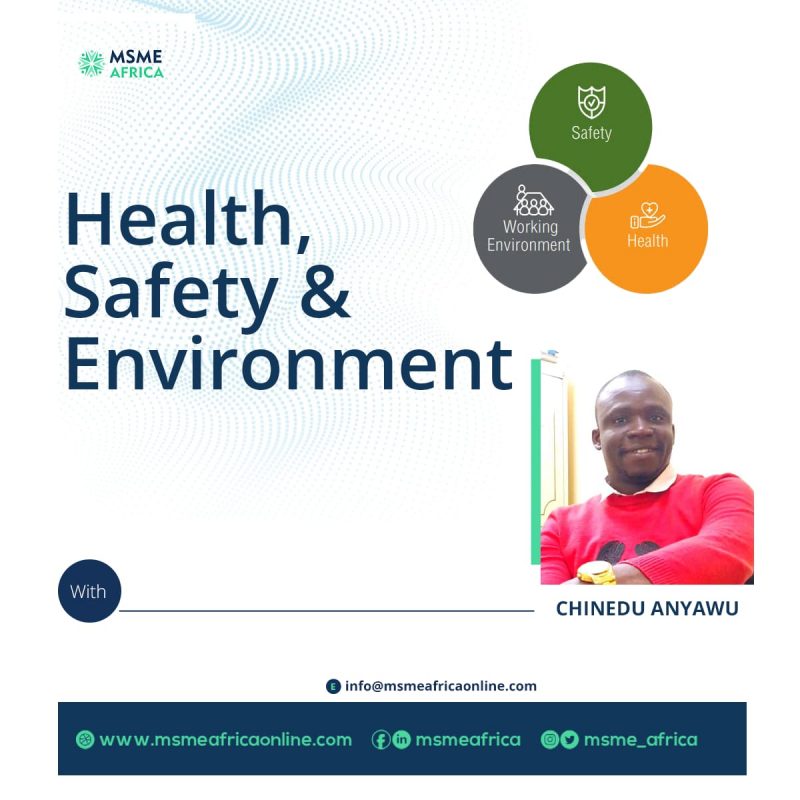The Centre for the Promotion of Private Enterprise (CPPE) has expressed concern over the potential negative impact of the proposed Raw Materials Research and Development Council (RMRDC) Bill currently under review by the National Assembly. The bill, which mandates that all primary product exports carry a minimum of 30% local value addition and restricts manufacturers from importing certain raw materials, could harm Nigeria’s export-driven sectors and struggling manufacturers, according to Dr. Muda Yusuf, CEO of CPPE.
In a statement issued on April 21, Dr. Yusuf cautioned that while the bill’s intentions are positive, aiming to boost local industries, its approach fails to address the complexities of Nigeria’s industrial landscape and could inadvertently damage the very sectors it aims to support. He pointed out that many exporters in Nigeria primarily deal in raw products and would be adversely affected by the proposed legislation, risking job losses across the export supply chain.
Dr. Yusuf emphasized that even Nigeria’s dominant export, crude oil, only recently began to experience local refining, after years of dependence on foreign processors. He warned that the bill’s provisions could lead to the penalization of exporters and manufacturers, and could open up avenues for corruption as businesses would face additional approval processes for imports and exports.
The bill’s main provisions include:
– Prohibiting the export of primary products that do not meet at least 30% local value addition.
– Banning manufacturers from importing raw materials deemed to be sufficiently available in Nigeria.
CPPE acknowledged the importance of industrialization but criticized the bill for lacking a balanced and evidence-based approach. It also highlighted that the RMRDC and the Ministry of Science and Technology do not have the constitutional authority to regulate trade flows, which fall under the fiscal policy domain managed by the Ministries of Finance, Industry, and National Planning, with input from the Nigeria Export Promotion Council (NEPC).
In light of these concerns, CPPE has called for the withdrawal of the bill and urged the National Assembly to reconsider the proposal, advocating for a focus on the RMRDC’s core mandate of supporting manufacturers through research to provide cost-effective access to raw materials. The organization warned that the bill’s provisions risk overstepping into trade policy and could disrupt the broader industrial ecosystem.










